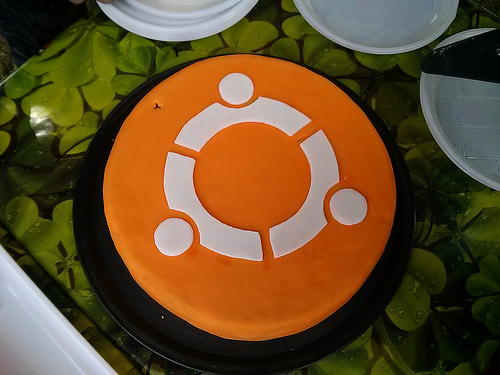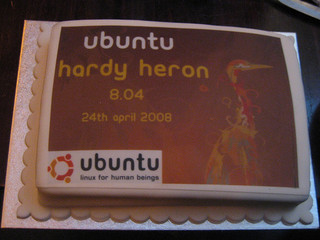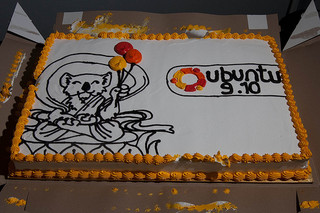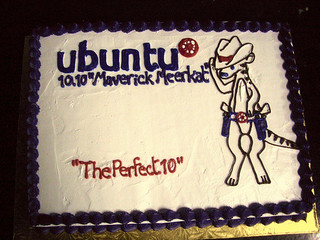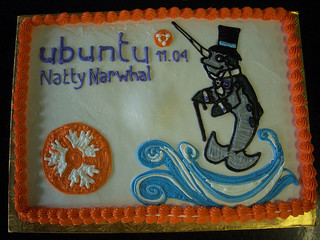Codenamed "Utopic Unicorn", 14.10 continues Ubuntu’s proud tradition of integrating the latest and greatest open source technologies into a high-quality, easy-to-use Linux distribution. The team has been hard at work through this cycle, introducing new features and fixing bugs.
Under the hood, there have been updates to many core packages, including a new 3.16-based kernel, a new AppArmor with fine-grained socket control, and more.
Ubuntu Desktop has seen incremental improvements, with newer versions of GTK and Qt, updates to major packages like Firefox and LibreOffice, and improvements to Unity, including improved High-DPI display support.
Ubuntu Server 14.10 includes the Juno release of OpenStack, alongside deployment and management tools that save devops teams time when deploying distributed applications – whether on private clouds, public clouds, x86 or ARM servers, or on developer laptops. Several key server technologies, from MAAS to Ceph, have been updated to new upstream versions with a variety of new features.
The newest Kubuntu, Xubuntu, Lubuntu, Ubuntu GNOME, Ubuntu Kylin, and Ubuntu Studio are also being released today. More details can be found for these at their individual release notes:
https://wiki.ubuntu.com/UtopicUnicorn/ReleaseNotes#Official_flavours
Maintenance updates will be provided for 9 months for all flavours releasing with 14.10.
To get Ubuntu 14.10
In order to download Ubuntu 14.10, visit:
http://www.ubuntu.com/download
Users of Ubuntu 14.04 LTS will be offered an automatic upgrade to 14.10 if they have selected to be notified of all releases, rather than just LTS upgrades. For further information about upgrading, see:
http://www.ubuntu.com/download/desktop/upgrade
As always, upgrades to the latest version of Ubuntu are entirely free of charge.
We recommend that all users read the release notes, which document caveats, workarounds for known issues, as well as more in-depth notes on the release itself. They are available at:
http://wiki.ubuntu.com/UtopicUnicorn/ReleaseNotes
Find out what’s new in this release with a graphical overview:
http://www.ubuntu.com/desktop
http://www.ubuntu.com/desktop/features
If you have a question, or if you think you may have found a bug but aren’t sure, you can try asking in any of the following places:
Help Shape Ubuntu
If you would like to help shape Ubuntu, take a look at the list of ways you can participate at:
http://www.ubuntu.com/community/get-involved
About Ubuntu
Ubuntu is a full-featured Linux distribution for desktops, laptops, netbooks and servers, with a fast and easy installation and regular releases. A tightly-integrated selection of excellent applications is included, and an incredible variety of add-on software is just a few clicks away.
Professional services including support are available from Canonical and hundreds of other companies around the world. For more information about support, visit:
http://www.ubuntu.com/support
More Information
You can learn more about Ubuntu and about this release on our website listed below:
http://www.ubuntu.com
To sign up for future Ubuntu announcements, please subscribe to Ubuntu’s very low volume announcement list at:
http://lists.ubuntu.com/mailman/listinfo/ubuntu-announce
Originally posted to the ubuntu-announce mailing list on Thu Oct 23 18:32:11 UTC 2014 by Adam Conrad, on behalf of the Ubuntu Release Team
![]()
![]() Except where otherwise noted, content in this issue is licensed under a Creative Commons Attribution 3.0 License BY SA Creative Commons License
Except where otherwise noted, content in this issue is licensed under a Creative Commons Attribution 3.0 License BY SA Creative Commons License